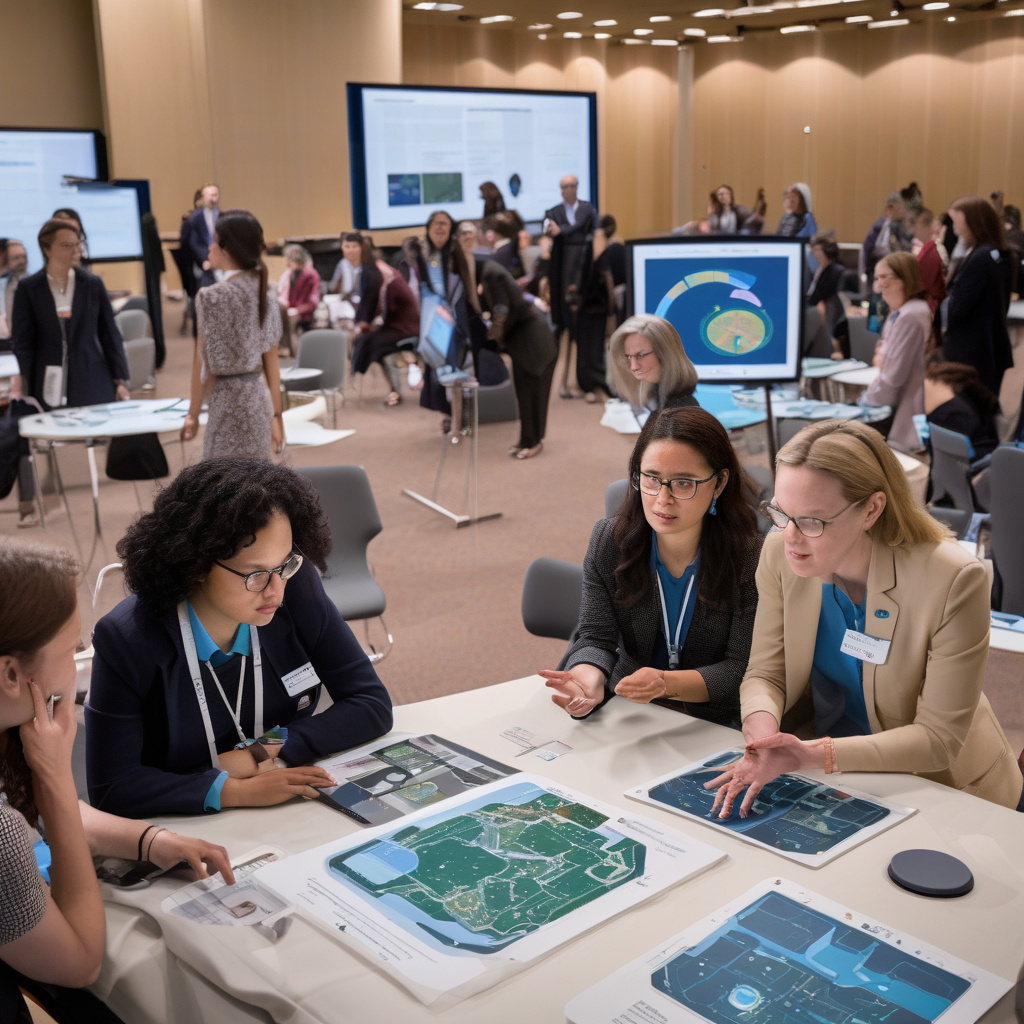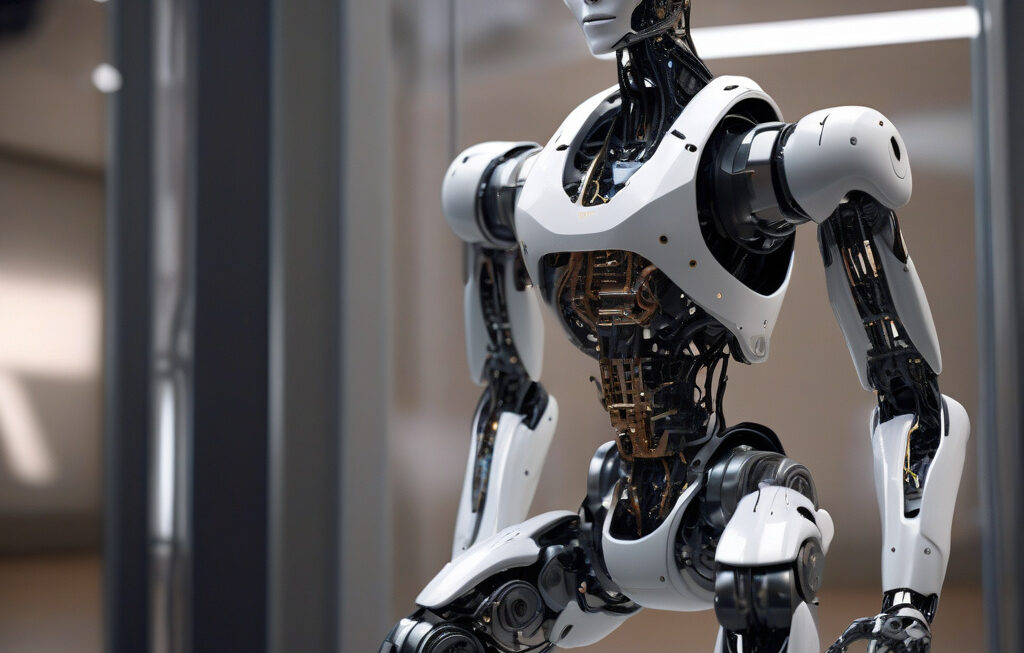Women Researchers Showcase Accessibility Breakthroughs at WSIS
At a pivotal global forum, groundbreaking projects led by women are reshaping how technology can break down barriers in classrooms and newsrooms alike, offering a glimpse into a more inclusive digital future.
The World Summit on the Information Society (WSIS) serves as a platform for innovators, policymakers, and experts to come together and address the challenges and opportunities of the digital age. Among the myriad presentations and discussions, the spotlight has recently turned to women researchers who are spearheading projects that prioritize accessibility in technology.
One such project, led by Dr. Maria Rodriguez, focuses on developing educational tools for children with visual impairments. Through the use of haptic feedback technology, Dr. Rodriguez and her team have created a learning platform that allows children to explore and interact with digital content through touch and sound. By making educational materials more accessible, Dr. Rodriguez’s project is paving the way for a more inclusive learning environment where all children can thrive.
In the realm of journalism, Dr. Sarah Ahmed is leading a groundbreaking initiative to make newsrooms more accessible to individuals with hearing impairments. Her project involves the development of real-time captioning tools that can accurately transcribe spoken language into text. By implementing these tools in newsrooms, Dr. Ahmed aims to ensure that individuals with hearing impairments have equal access to information and can actively participate in public discourse.
These projects are just a glimpse of the innovative work being done by women researchers in the field of accessibility and technology. By prioritizing inclusivity and breaking down barriers, these researchers are not only driving technological advancements but also fostering a more equitable and diverse digital landscape.
In a time where technology plays an increasingly central role in our lives, the importance of ensuring accessibility for all individuals cannot be overstated. By showcasing these accessibility breakthroughs at WSIS, women researchers are leading the way towards a more inclusive digital future where technology empowers and connects people from all walks of life.
As we look towards the future, it is clear that the contributions of women researchers in the field of accessibility will continue to play a vital role in shaping the digital world. By harnessing the power of technology to break down barriers and create more inclusive spaces, these researchers are paving the way for a brighter and more connected future for all.
#WSIS, #WomenInTech, #AccessibilityBreakthroughs, #DigitalInclusion, #InnovativeResearch












